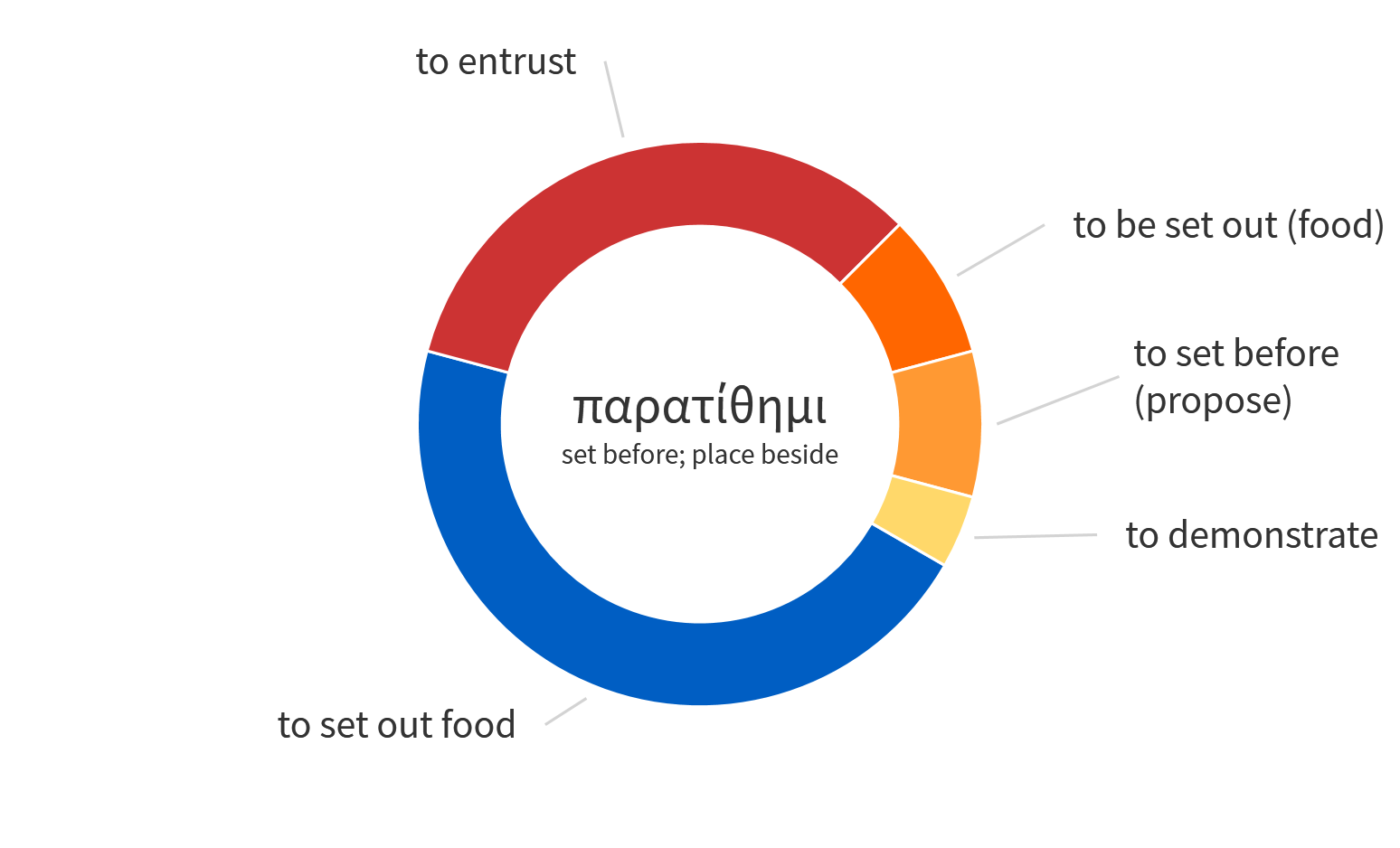Luke 23:46 is expressed in different versions of the NT with different phraseology, For instance ....
KJV :And when Jesus had cried with a loud voice, he said, Father, into thy hands I commend my spirit: and having said thus, he gave up the ghost.
NKJV:And when Jesus had cried out with a loud voice, He said, “Father, ‘into Your hands I commit My spirit.’ ” Having said this, He breathed His last.
MSG: Jesus called loudly, “Father, I place my life in your hands!” Then he breathed his last
LEB: And Jesus, calling out with a loud voice, said, “Father, into your hands I entrust my spirit!” And after he said this, he expired.
NLT: Then Jesus shouted, “Father, I entrust my spirit into your hands!” And with those words he breathed his last.
NMB:And Jesus cried with a great voice and said, Father, into your hands I commit my spirit. And when he had thus spoken, he gave up the spirit.
NRSVCE:Then Jesus, crying with a loud voice, said, “Father, into your hands I commend my spirit.” Having said this, he breathed his last.
NTE:Then Jesus shouted out at the top of his voice, ‘Here’s my spirit, father! You can take care of it now!’ And with that he died.
VOICE: Jesus (shouting out loudly): Father, I entrust My spirit into Your hands! And with those words, He exhaled—and breathed no more.
YLT:and having cried with a loud voice, Jesus said, `Father, to Thy hands I commit my spirit;' and these things having said, he breathed forth the spirit.
In the general reading, what Jesus meant by 'spirit'was his life in the physical body which would stop breathing. But in case 'spirit' stands for soul which does not die with the physical body, one suspects whether the word Jesus used has been rightly translated or not. My question therefore is: What was the original word that Jesus used while commending himself to the Father at the Cross, and what could have been the alternative word for “spirit” in the English translations?
